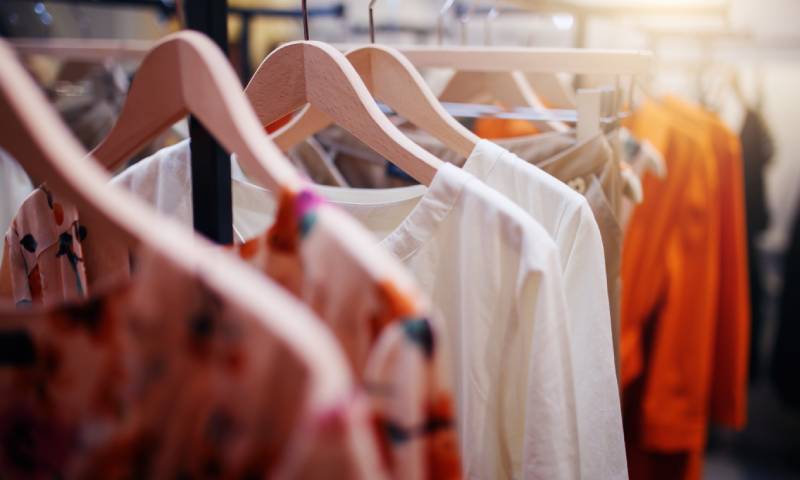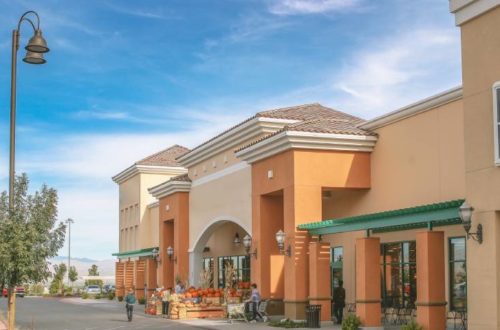Retail vs. Boutique: What’s the Difference?

Anyone who has walked into a boutique has probably thought, “This feels like a fancy clothing store.” In a way, this is correct. However, there are key differences between retail and boutique stores. Whether you’re interested in opening a clothing store or just want more information, keep reading.
Defining Retail Stores
You often hear the term “retail” in the context of clothing, but it’s a much broader category. Retail stores are often large—though not necessarily—and cater to a wide range of customers. They carry diverse products, from clothing and electronics to groceries and household goods.
Retail giants such as Walmart and Target provide consumers with a one-stop shopping experience. These stores leverage economies of scale to offer competitive pricing. Retail establishments typically possess extensive inventories, ensuring that customers find exactly what they need in one location.
Defining Boutique Stores
Boutique stores, on the other hand, focus on niche markets and offer a curated selection of products. These shops showcase unique, often handpicked items to create an exclusive shopping experience.
Boutiques emphasize quality over quantity, providing personalized customer service and fostering relationships with their clientele. A visit to a boutique usually feels like stepping into a carefully designed space, rich in ambience and attention to detail. These stores tailor their offerings to specific trends or cultures, creating an artistic vibe that sets them apart from larger retailers.
The Shopping Experience
When exploring the difference between retail and boutique stores, the shopping experience is the largest distinction. Retail stores promote a self-service model, where consumers find products independently, often with minimal staff interaction.
In contrast, boutiques prioritize personalized service. Customers can expect sales associates to be knowledgeable and attentive, offering expert recommendations and assistance. Boutiques customize everything, all the way down to their packaging because they understand how personalized packaging improves customer loyalty and creates a better shopping experience. This tailored approach makes customers feel valued and understood, something that can be lacking in conventional retail environments.
Pricing and Value Perception
Another noteworthy distinction is the price point and perceived value associated with each type of store. Retailers often focus on affordability, leveraging large volumes to provide lower prices. While customers appreciate the savings, they may sacrifice some quality or uniqueness.
Boutiques typically position themselves at a higher price point, reflecting their exceptional product quality, limited availability, and curated nature. Consumers drawn to boutiques are typically willing to pay more for an exclusive or superior item.
Whether you want to enter the clothing market or just want to learn more about the different styles of stores out there, now you understand what distinguishes retail and boutique shops. Which style of business do you prefer?
Would you like to receive similar articles by email?





